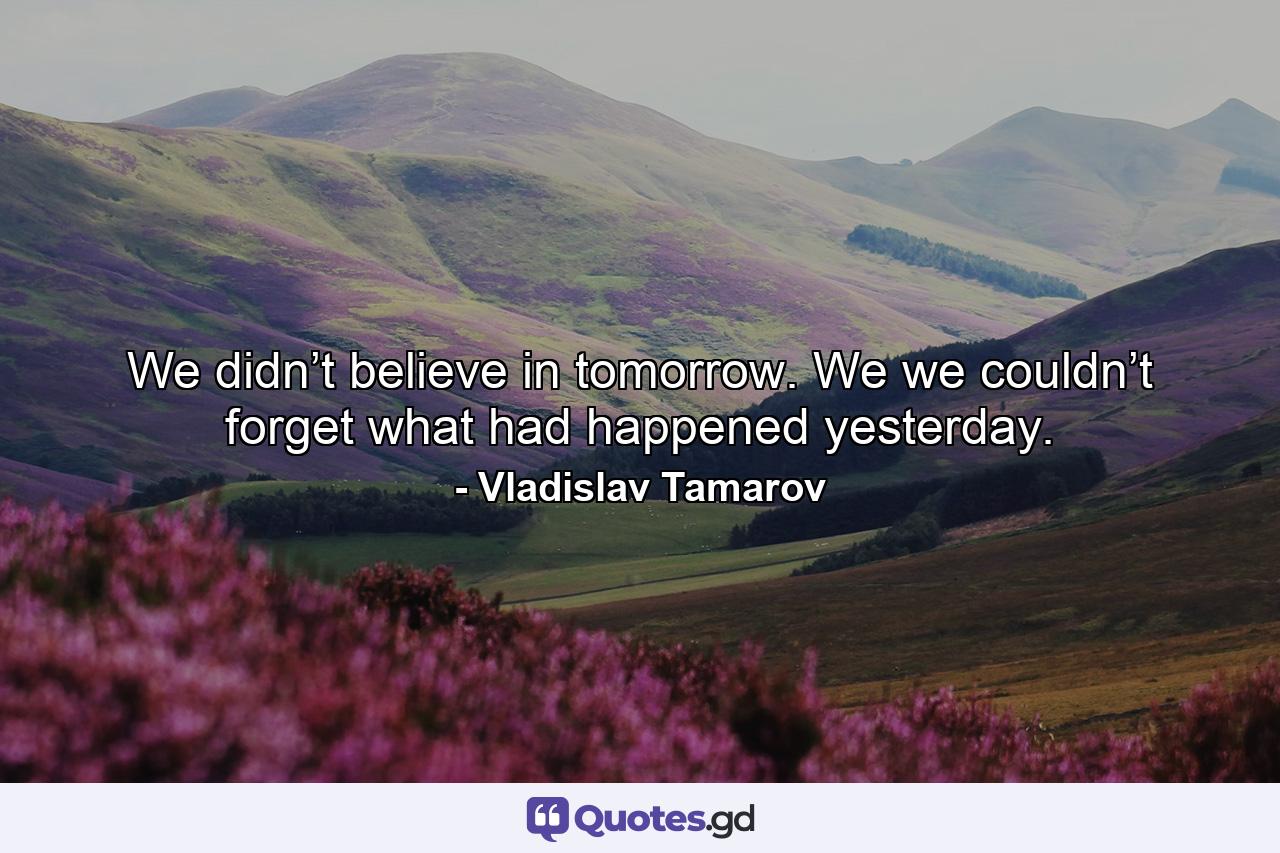On August 10, 1984, my plane landed in Kabul, the capital of Afghanistan. There were no skyscrapers here. The blue domes of the mosques and the faded mountains were the only things rising above the adobe duvals (the houses). The mosques came alive in the evening with multivoiced wailing: the mullahs were calling the faithful to evening prayer. It was such an unusual spectacle that, in the beginning, I used to leave the barracks to listen – the same way that, in Russia, on spring nights, people go outside to listen to the nightingales sing. For me, a nineteen-year-old boy who had lived his whole life in Leningrad, everything about Kabul was exotic: enormous skies – uncommonly starry – occasionally punctured by the blazing lines of tracers. And spread out before you, the mysterious Asian capital where strange people were bustling about like ants on an anthill: bearded men, faces darkend by the sun, in solid-colored wide cotton trousers and long shirts. Their modern jackets, worn over those outfits, looked completely unnatural. And women, hidden under plain dull garments that covered them from head to toe: only their hands visible, holding bulging shopping bags, and their feet, in worn-out shoes or sneakers, sticking out from under the hems.And somewhere between this odd city and the deep black southern sky, the wailing, beautifully incomprehensible songs of the mullahs. The sounds didn't contradict each other, but rather, in a polyphonic echo, melted away among the narrow streets. The only thing missing was Scheherazade with her tales of A Thousand and One Arabian Nights ... A few days later I saw my first missile attack on Kabul. This country was at war.


